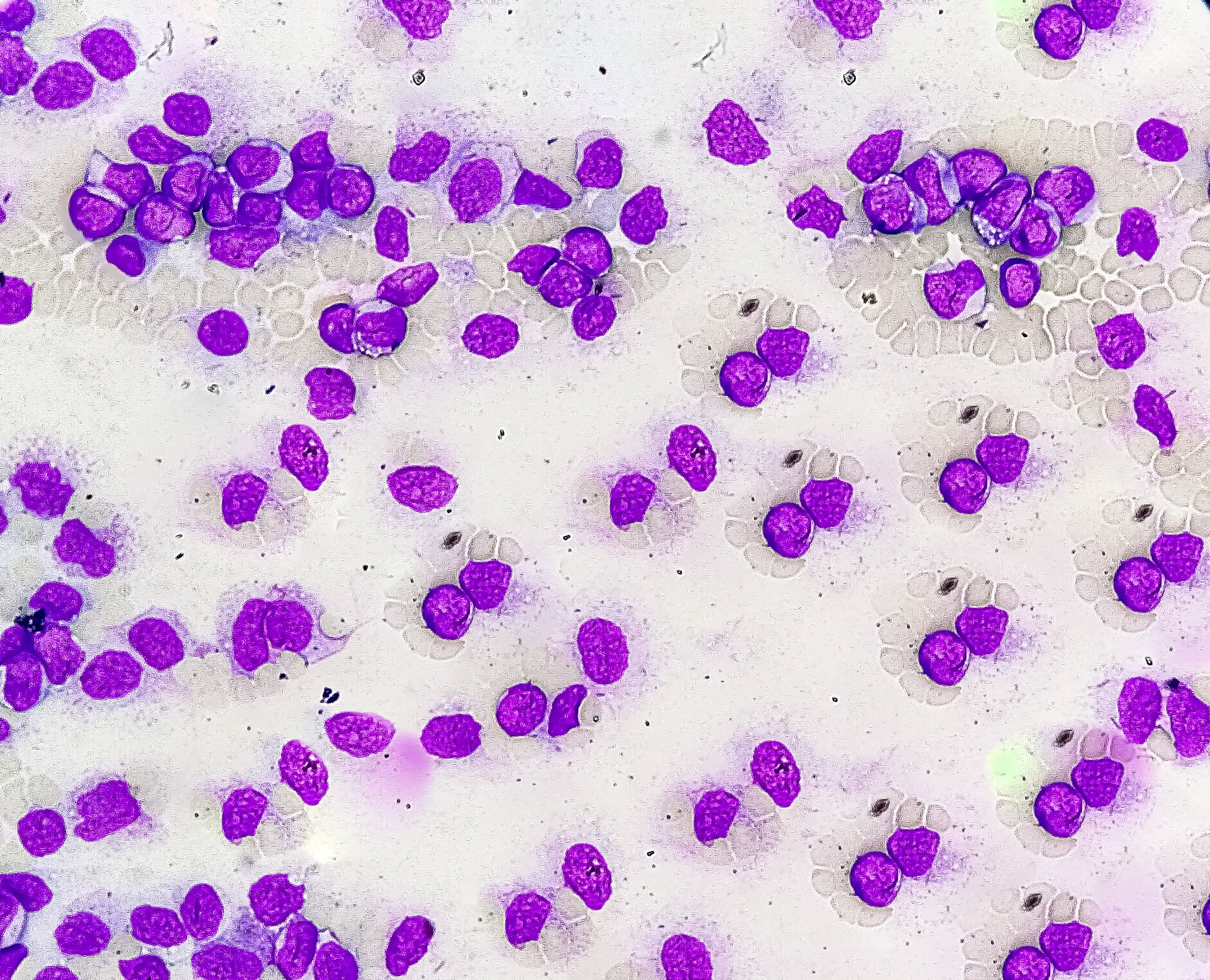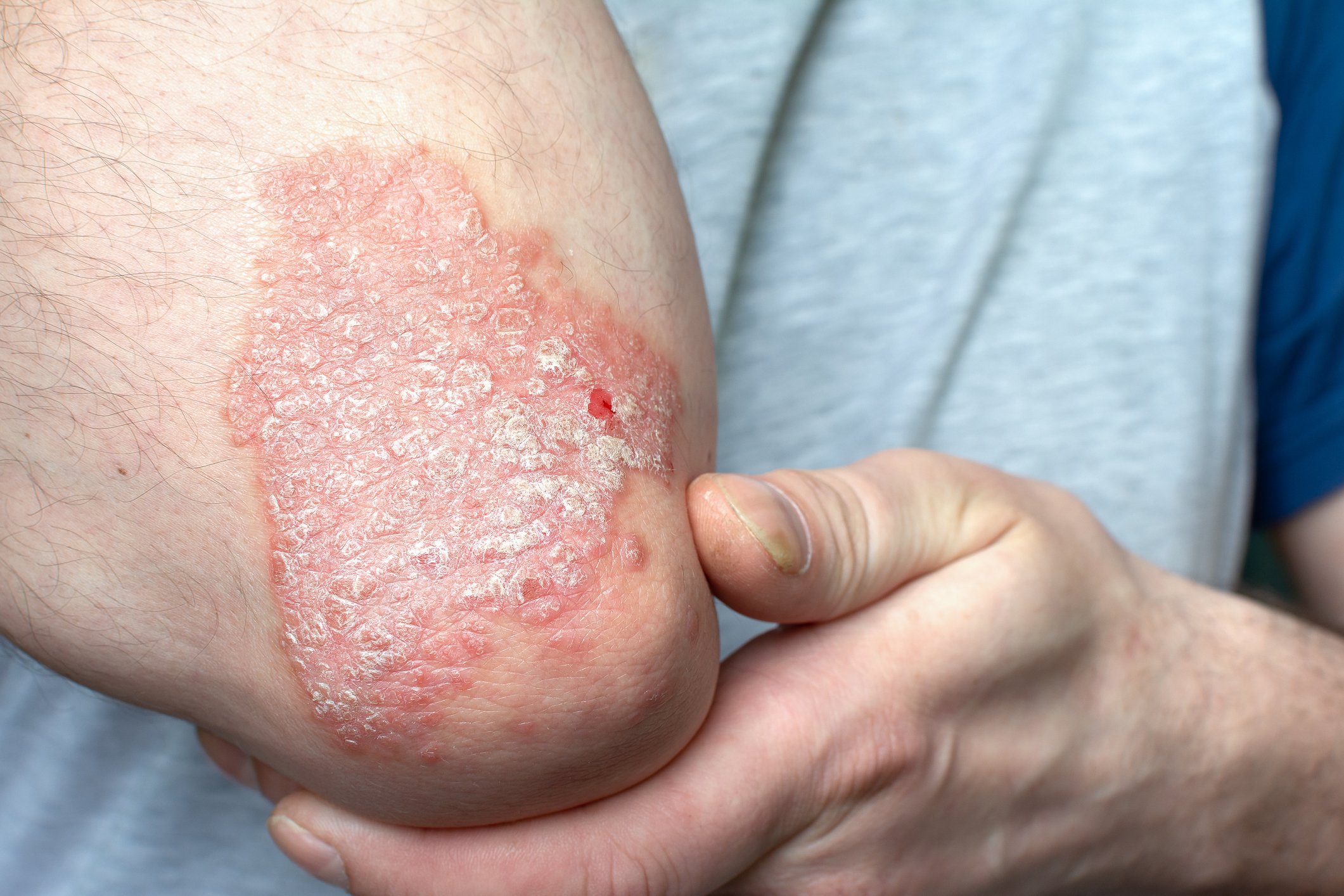Substance abuse is a major problem in patients with ADHD. A large American study is looking at whether there is an association between pharmacological ADHD treatment and substance use problems in this group of patients.
Purpose: Attention-deficit/hyperactivity disorder (ADHD) occurs with a worldwide prevalence of approximately 2.6% to 4.5% of young people and persists into adulthood in many. Stimulants are effective in treating ADHD symptoms and are therefore first-line agents. Substance abuse (and its consequences) is well recognized as a major problem in patients with ADHD, not least because there is genetic overlap between the two groups of disorders. However, it remains unclear and controversial whether there is an association between pharmacological ADHD treatment and substance use problems in this patient population. Therefore, this study examines associations between AHDH medication and substance use problems.
PATIENTS AND METHODS: For this study, the authors were able to access and analyze data from 2 993 887 ADHD patients. About half of the patients were female (47.2%). Individual analyses were used to evaluate substance-related problems (e.g., emergency room admissions due to substance use [ohne Tabak]) during a period with and without treatment (with stimulants or atomoxetine).
Results: Adjusted individual analyses showed that male patients in phases of pharmacological treatment had a 35% lower risk of developing a substance-related health problem. In women, the risk was 31% lower during a treatment phase. The effect of treatment was also sustained in both genders: even two years after a treatment period, the risk of a substance-related health problem was 19% lower in men and 14% lower in women.
Conclusions: This (large) American study shows that ADHD patients on ADHD medication are unlikely to develop a higher risk of developing a substance problem compared to ADHD patients not on treatment. Rather, treatment with stimulants (in patients with confirmed ADHD) appears to be a protective factor in preventing future substance-related problems. However, the authors stress that the results of their study should not be interpreted to mean that ADHD medications should be used to treat substance use problems.
InFo NEUROLOGY & PSYCHIATRY 2017; 15(5): 29.











